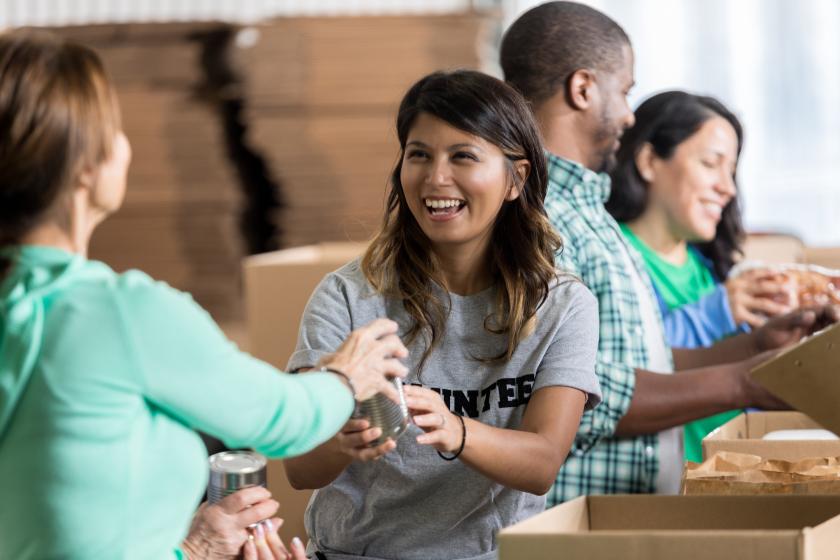Latest NewsMore News
Ohio Philanthropy News - February 13, 2026
The Stocker Foundation is donating $1M in grants to Lorain County Community College and to the Girl Scouts of North East Ohio in honor of Jane Norton, the foundation’s late
Policy Alert - Potential Immigration Enforcement in Ohio
We are closely monitoring a developing situation that may affect Ohio communities.



